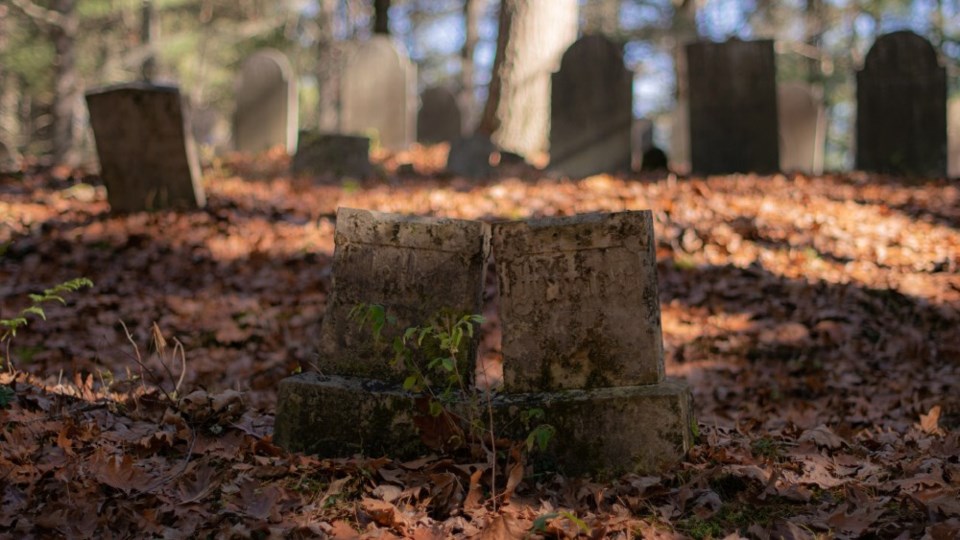Unmarked graves. Drug poisonings,. Environmental devastation. Covid. Fires. Floods, Jesus wept.
Human history is the story of disruption. Of lives, of cultures, of traditions. Our present times are no exception. As long as there are humans to record it – in their stories, in their songs, in their bodies, there will be suffering, grief and desolation. And as long as there are humans to record it – in our stories, in our songs, in our bodies, there will be rituals and ceremonies, individual and communal – created, re-created, invented, remembered – to acknowledge the unendurable.
Twenty years ago, my mind broken by truths too difficult to bear, I lapsed into silence, unable to rise from my bed, unable to care for sons I loved dearly, unable to care for myself. Treatment for mental illness is, and was, inequitable and hard to access. Stigma, fear, the always-present possibility of losing our children or our freedom keeps many, especially single mothers, from reaching out for help, even if we are able and it is readily available. The story of my long, slow recovery involved many stages, from the love and support of friends to professional intervention, hospitalization, medication, rest and time, and surprising as it would have seemed to me then, ritual.
Every spiritual tradition recognizes the power of ritual and ceremony. Ritual requires two related actions: attention and intention. In the story from John’s gospel, one of the most humanizing passages recorded about his life, Jesus wept. At the graveside of his beloved friend, Lazarus, Jesus attended to his grief, to the pain of loss and separation.
In my own grieving journey, healing came partly in the form of an accidental ritual. As I began to move outward from my immobilization, I gravitated towards two things, AA meetings and the graveyard at my church. At meetings, I learned about attention and intention, grew stronger with the honesty and support of others. In the graveyard, I learned about ritual.
At first, I noticed nothing but their presence, the ones who were gone. They listened and never rebuked, never scolded. Their presence was calm, loving, non-judgmental. Gradually I noticed their gravestones were overgrown and neglected, some bordering on illegible. Fearful of causing offence or damage, I checked with the minister, then with permission and some instructions on care, began cleaning the grave-markers.
I started with elders and loved ones. Kneeling with a soft brush and a bucket of warm water, I gave full attention to each one, bathing them as gently as babies. At first, I thought of nothing at all. Gradually, as I moved down the rows of graves I came across ones I did not know. One day I came across a small marker, the son of a colleague. I remembered the shock of his death at seventeen, his father’s anguish, the family’s heartbreak. As I gently attended to his grave I realized I was praying. The weeks on my knees, silent, thinking of nothing at all, had morphed into a profound ritual of humility and gratitude. What had begun unconsciously had become a genuine expression of faith. Not faith in some abstract, hypothetical, otherworldly utopia where everything would be fine, but faith as consciousness and the beginning of meaning. My prayers, not yet articulated in words were for healing, hope, for remembered joy.
Rituals, formal or informal, ancient or newly created mark our humanity and humility. They heal and reconnect. This Sunday marks the annual ritual of Advent, the start of the Christian year. Four weeks to light candles and remember who we are – we are Hope, Peace, Joy, Love. May it be so.
Julianne Kasmer is a minister in the United Church of Canada and recently retired chaplain.
You can read more articles on our interfaith blog, Spiritually Speaking at https://www.timescolonist.com/blogs/spiritually-speaking
This article was published in the print edition of the Times Colonist on Saturday, November 27th 2021



